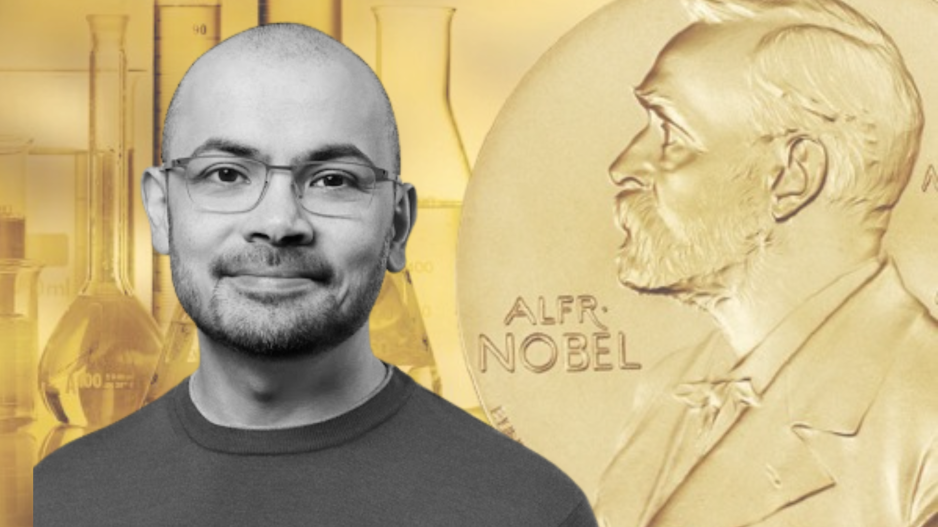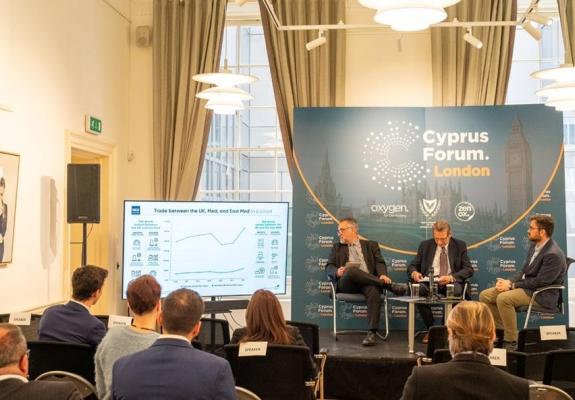Demis Hassabis: Who Is the 2024 Nobel Prize Winner in Chemistry?
Cypriot-Singaporean AI Pioneer and Founder of DeepMind Recognized for His Groundbreaking Contributions to Science
Demis Hassabis —full name Demosthenes Hassabis—, a 48-year-old neuroscientist with roots in Cyprus and Singapore, has been awarded the 2024 Nobel Prize in Chemistry.
At just 13, Hassabis was the world's top chess player in his age group. Born in North London in 1976 to a family with roots in Famagusta, Cyprus, he has since carefully chosen each subsequent challenge in his career, methodically fulfilling the mission he has openly set for himself: to push the boundaries of knowledge and intelligence for the common good.
>>Cypriot-Born Demis Hassabis Among the 2024 Nobel Prize Winners in Chemistry<<
He first made his mark in video game development, then shifted to computer science at Cambridge University, followed by a Ph.D. at University College London in the study of neurons. He continued his research in neuroscience and AI as a visiting academic at MIT and Harvard.
In 2010, he founded the artificial intelligence company DeepMind, which was acquired by Google four years later for nearly half a billion dollars. Through DeepMind, Hassabis developed AlphaFold2, an algorithm that predicts the structure of nearly every known protein, a tool hailed by the scientific community as revolutionary. In 2024, Time magazine listed him among the 100 most influential people globally in the field of AI.
The Royal Swedish Academy of Sciences, which awards the Nobel Prize, described Hassabis' work on proteins as groundbreaking.
Understanding the structure of proteins is critical for researchers to effectively target them and modify their behavior in the development of pharmaceutical treatments. Scientists now believe that even designing proteins with specific properties, such as those capable of breaking down plastics, is a realistic possibility.
The challenge of understanding protein shapes had stumped biologists for 50 years and was considered the "Holy Grail" of biology.
Upon announcing the success of the AlphaFold algorithm four years ago, Hassabis remarked that it opens up "entirely new avenues and fields of exploration for science and industry."
Hassabis shared that he had been working toward a personal dream since his youth: building machines that "think without human supervision" in order to help address humanity's greatest challenges.
He also expressed pride in his Cypriot heritage from Famagusta, saying: "It feels good that Cypriots are proud of me. I have a Greek way of thinking, and what Hellenism has contributed to the Western world since the classical period is a big part of who I am."






